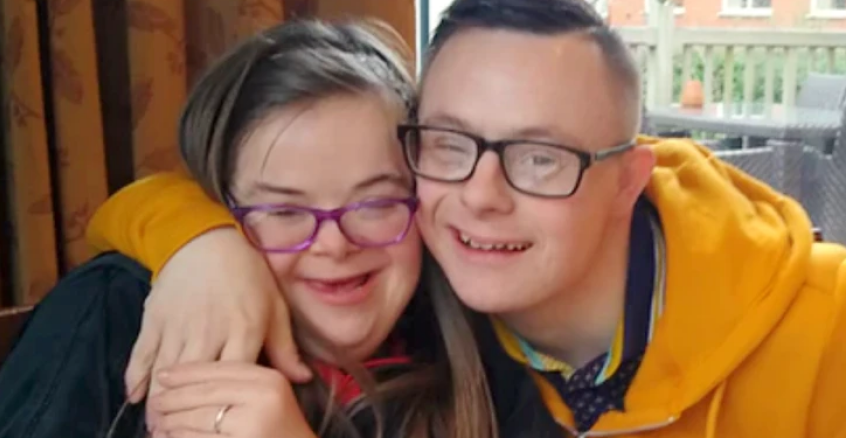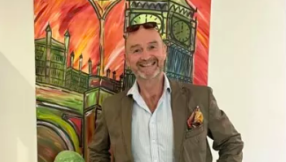
A landmark legal challenge against the government over discriminatory abortion laws is being heard at the High Court.
The case has been brought by Heidi Crowter, a 26-year-old Coventry woman who has Down's syndrome, and Máire Lea-Wilson from Brentford, West London, whose 2-year-old son Aidan has Down's syndrome.
In England, Wales and Scotland, there is a general 24-week limit for abortions, but in cases of disability, including Down's syndrome, cleft lip and club foot, they are allowed up to birth.
Figures from the Department of Health & Social Care show that across England and Wales, there were 3,183 disability-selective abortions in 2019. Of these, 656 followed a prenatal diagnosis of Down's syndrome.
Crowter says current abortion laws are discriminatory towards disabled people.
The case will be heard at the High Court over a two-day hearing, starting on Tuesday.
Crowter said: "The law says that babies shouldn't be aborted up to birth, but if a baby is found to have Down's syndrome, it can be aborted up until birth. This is the current law in the UK and I think it's not fair.
"People like me are considered to be 'seriously handicapped', but I think using that phrase for a clause in abortion law is so out of date.
"The United Nations Committee on the Rights of Persons with Disabilities recently said that the United Kingdom should change its abortion law to make sure that people like me aren't singled out because of our disabilities but the Government hasn't changed the law.
"So, last year, me and other members of the Down's syndrome community set out to get rid of the clause in the law, and now our case will soon be heard in the High Court.
"I hope we win. People shouldn't be treated differently because of their disabilities, it's downright discrimination."
Ms Lea-Wilson, 33, said: "I have two sons that I love and value equally, but the law does not value them equally. This is wrong and so we want to try and change that.
"My motivation for taking this joint legal action with Heidi has always been simple. As a mother, I will do all that I can to ensure the fair and equitable treatment of my son, Aidan.
"Throughout the last year since joining the case, it has become ever increasingly clear to me that Section 1(1)d of the Abortion Act, which differentiates the time limit for abortion, sets the tone for discrimination against people with Down's syndrome which starts before they are born and continues throughout their life with devastating consequences."
Lynn Murray, spokesperson for Don't Screen Us Out, which is supporting the case, said: "By stating that disability is grounds for termination, section 1(1)(d) of the Abortion Act, promotes inequality.
"The provision in the Abortion Act harks back to a time when we thought it was better for people with disabilities not to be part of our society. We're a far more progressive society now, we realise that diversity is healthy, and all of our laws should reflect that."













